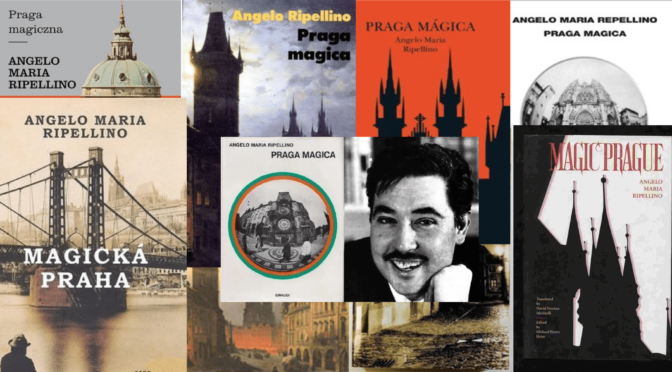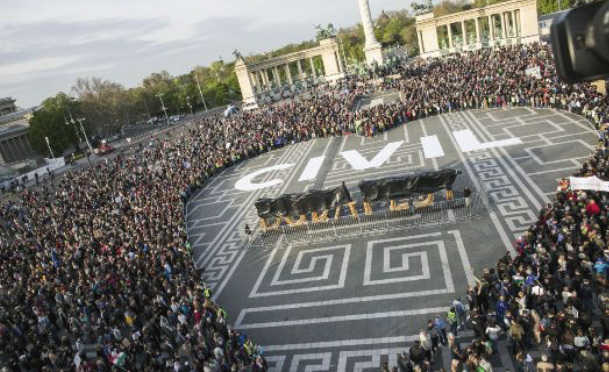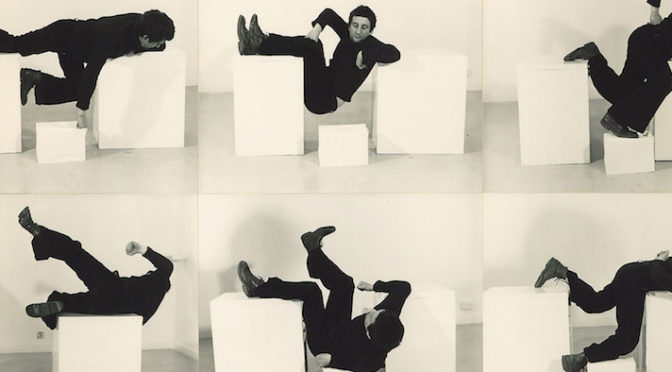Prague and Its Myths
Date: 5 April, 2024
Location: CEFRES, Na Florenci 3, Prague
Language: English and French
Sponsor institutions
- CEFRES (Centre français de recherche en sciences sociales)
- Institute of Sociological Studies, Faculty of Social Sciences, Charles University
- The Institute for Czech Literature of the Czech Academy of Sciences
Scientific and organising committee
- Mateusz Chmurski
- Michèle Baussant
- Alessandro Testa
Participants
- Jean Boutan, Eur’ORBEM, CNRS-Sorbonne Université
- Tomáš Bubík, Palacky University Olomouc
- Stanislav Holubec, Czech Academy of Sciences
- Michèle Baussant, ISP CNRS-Paris Nanterre-ENS/CEFRES
- Richard Müller, Czech Academy of Sciences
- Marco PASI, University of Amsterdam
- Jiří Pelán, FF Charles University
- Alessandro Testa, FSV Charles University
Program
10.00: Introduction
10.15-11.15: Magical Prague
– Marco PASI (University of Amsterdam, Faculty of Humanities), Prague: The City of Magic and Occultism
– Alessandro TESTA (Charles University, ISS FSV UK/CEFRES), Praga Magica: The Late Modern Evolutions of a Cultural Myth
11.15-11.30: break
11.45-12.45: Religious Prague
– Tomáš BUBíK (Palacký University Olomouc, KSAKA FF UPol), Religious’ Prague : Scenes from selected Public Spaces (a Cemetery, a Square, a Museum)
– Michèle BAUSSANT (Institut des sciences sociales du politique, ISP CNRS-Paris Nanterre-ENS/CEFRES), Une Prague des absent.es ? Entre renaissance de l’héritage juif et recréation d’une vie cultu(r)elle
12.45-13.00: Discussion
13.00- 14.30: Lunch break
14.30-16.00: Modern Prague
– Jean BOUTAN (Cultures d’Europe orientale, balkanique et médiane, Eur’ORBEM, CNRS-Sorbonne Université), Libuše reine de Cacanie: la postérité d’un mythe d’un autre temps après 1918
– Richard MÜLLER (Czech Academy of Sciences, ÚČL AVČR), Kafka, Simmel, and Writing the Metropolitan Mind
– Stanislav HOLUBEC (Czech Academy of Sciences, HIÚ AVČR), The Myth of Working Class Prague: Between Communist Sacralization and Postcommunist Forgetting
16.00-16.15: Final discussion
Abstract
The workshop will explore the various declensions of the idea of Prague in modern and late modern times, with a focus on literature, social practices, religious phenomena, and heritage-making processes. These motifs or tropes are hereby defined as “myths”, borrowing from forms of both high and popular culture. They refer to specific images and traces of the contrasting and multifaceted pasts of Prague and its history. In particular, the city’s religious and esoteric heritage and its multicultural and ‘hinternational’ background, to use Urzidil’s phrase, now find renewed value as symbols of a shared Czech identity and history, with some places dignified as places of memory (“lieux de mémoire”) and others ignored or silenced (“lieux de l’oubli”), and their historical meanings partly recast.
Some of these myths provide an important platform for mass tourism, too, which, somewhat paradoxically, revives Jewish sites, but also other religious or legendary places as romanticised or “Disneyfied” spaces, consumed and partly disconnected from the living environments of memory.
The workshop aims to revisit these mythified pasts and their revival in Prague, with a particular focus on:
- The myth of “Praga magica” the mystic city
- The myth of Prague the “Traumreich” (Kafka, Meyrink, Ajvaz, Kubin, Crawford, etc.)
- The myth of Prague the Jewish city
- The myth of Prague the city of confrontation between Catholicism and its dissidents
- The myth of Prague the multicultural and cosmopolitan city
- The myth of Prague as a literary trope
- The myth of Prague the post-communist city of mass tourism
What cultural trends have led to the valorisation of a mystical and esoteric past in a country that claims to be the most atheist in Europe? Or of a Jewish past in a place where there are very few Jews? Or of a cosmopolitanism that was partly eradicated after the Second World War? Using Ripellino’s renowned book Praga Magica, which was published 50 years ago, at the peak of the Soviet-imposed normalizace, as a starting point, we intend to revisit the often ambivalent social and cultural dynamics and transformations of Prague as reflected in literature, art, identity politics, old and new forms of religiosity and spirituality, and heritage making. We intend to explore these aspects and dynamics against the backdrop of the city’s communist past and neoliberal present.





